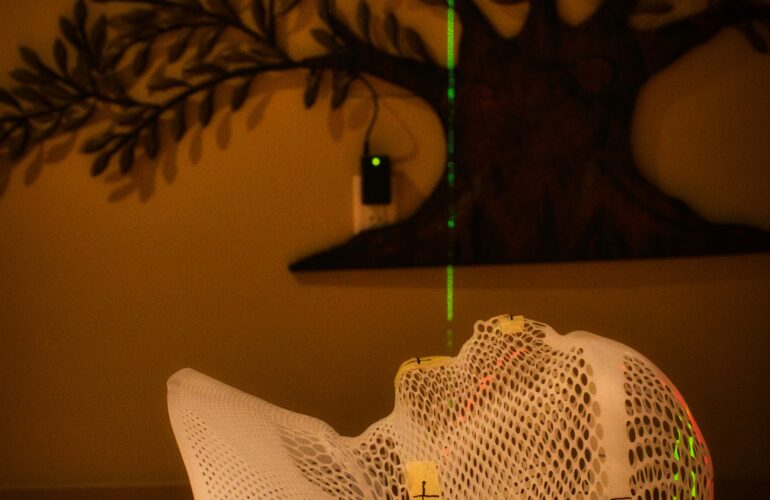The dental field in the USA is experiencing several exciting trends in 2024, reflecting advancements in technology, patient care, and practice management. Of all the emerging trends the role of AI in dentistry is hard to ignore. It is significantly impacting dental practices by improving diagnostic accuracy and treatment planning. Let’s explore the role of AI and the benefits.
Artificial Intelligence (AI) is transforming the dental field, revolutionizing diagnostics, treatment planning, patient management, and operational efficiency. This technological evolution is ushering in a new era of precision, personalization, and patient-centric care.
Benefits of AI
1. Enhancing Diagnostics
One of the most significant impacts of AI in dentistry is its ability to enhance diagnostic accuracy. Traditional diagnostic methods, which rely heavily on the subjective interpretation of radiographs and patient symptoms, are prone to variability. AI algorithms, however, can analyze dental images with incredible precision, identifying even the smallest cavities, gum diseases, and early signs of oral cancer that might be missed by the human eye.
For example, AI-powered tools like digital radiograph readers can quickly and accurately assess X-rays, providing dentists with detailed insights. This capability not only improves the accuracy of diagnoses but also facilitates early intervention, reducing the need for more invasive treatments later on.
2. Personalized Treatment Plans
Secondly, AI’s ability to process and analyze vast amounts of data enables the creation of highly personalized treatment plans. By considering a patient’s dental history, genetic information, and current health data, this system can recommend treatments tailored to individual needs. This enhances the effectiveness of treatments and improves patient outcomes considerably.
Moreover, AI can simulate various treatment scenarios. This helps the dentists to visualize the various possible outcomes of different treatments. This capability allows for more informed decision-making and better patient consultations, as patients can see predicted results before committing to a specific treatment plan.
3. Streamlining Operations
Third major benefit can be seen beyond clinical applications. AI is transforming the administrative side of dental practices. AI-driven management systems can help optimize scheduling, reducing no-shows and improving the efficiency of appointment management. Predictive analytics can identify patterns in patient behavior, helping practices to adjust their operations to better meet patient needs.
For instance, AI can analyze data on patient appointment preferences and habits. This allows practices to allocate resources more effectively thus reducing wastage & helps in controlling costs. Automated reminders and follow-up systems ensure patients stay engaged with their dental care, leading to better adherence to treatment plans and regular check-ups.
4. Tele-Dentistry and Remote Care
The advent of tele-dentistry, powered by AI, is another game-changer. AI-enabled platforms facilitate remote consultations, enabling patients to receive dental care from the comfort of their homes. This is particularly beneficial for routine check-ups, post-operative follow-ups, and initial consultations.
AI chatbots and virtual assistants can handle basic inquiries, schedule appointments, and provide patients with pre- and post-treatment care instructions. This not only enhances patient convenience but also frees up time for dental professionals to focus on more complex cases.
Future Prospects: Regenerative Dentistry and Beyond
It is impossible to ignore the role of AI in dentistry and how it is bringing unprecedented accuracy, efficiency, and personalization to dental care. Looking ahead, AI promises for even more groundbreaking developments in dentistry. Research into regenerative dentistry, supported by AI, aims to repair or regrow damaged dental tissues using stem cells and tissue engineering. AI’s role in analyzing biological data and predicting treatment outcomes is crucial in advancing these innovative approaches
Moreover, continuous advancements in AI are expected to further integrate virtual reality (VR) into dental care, providing immersive patient education and anxiety-reducing experiences. By combining AI with VR, patients can gain a better understanding of their treatments and feel more at ease during dental visits
As the technology continues to evolve, the role of AI in dentistry promises to unlock even more innovative solutions, ultimately improving oral health outcomes for patients worldwide.




